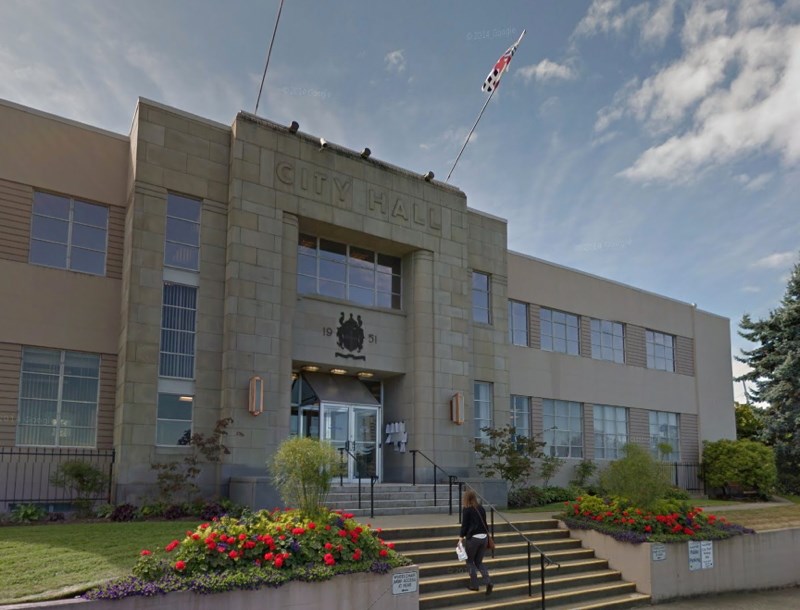Nanaimo is moving closer to providing developers with incentives to build much-needed affordable housing.
The carrots would be points — or credits — which developers would accumulate through providing amenities in a proposal.
If they get enough points, they qualify for bonus density — a highly valued feature because it allows for a larger building.
The city already has a point system for bonus density, but the latest additions, included in proposed zoning-bylaw changes, are geared specifically to meeting goal’s of Nanaimo’s affordable-housing strategy.
Nanaimo wants to support a range of housing types, such as affordable home-ownership, affordable rental housing and non-market housing.
In one example of how it would work, a developer erecting a multi-family rental building would earn points based on the percentage of units to be rented at less than the average rent in Nanaimo as set out by the Canada Mortgage and Housing Corp.
In another example, points could be granted if rent levels in a non-market housing or supportive housing project didn’t exceed 30 per cent of the housing income limit for Nanaimo as determined by B.C. Housing.
Council needs approval from the province before taking the bylaw to final reading. That’s expected this summer.
Mayor Leonard Krog called the changes a “positive step.”
“It’s good news, but it’s not big news,” he said Thursday. “Municipal government has only so much authority it can undertake in terms of meeting the problems of the housing crisis.”
Nanaimo’s rental vacancy rate was just one per cent as of October, city social planner Karin Kronstal told council members recently. That’s despite 410 new rental units opening last year.
Nanaimo and other communities are wrestling with how to encourage low-cost housing during a country-wide housing boom which is pricing many citizens out of the market.
This summer, a final report on the future of housing supply and affordability is expected from an expert panel set up by the federal and provincial governments in 2019.
Panel chair Joy McPhail said then that “people who are making a decent income, whether renting or wanting to purchase a home, can’t find accommodation that’s affordable in the urban centres of British Columbia.”
In Victoria, for example, the benchmark price for a single-family home in the core municipalities surpassed $1 million for the first time last month.
The city of Victoria is also tweaking its rules to cut four to nine months out of the time it normally takes to get approval for an affordable-housing project.



